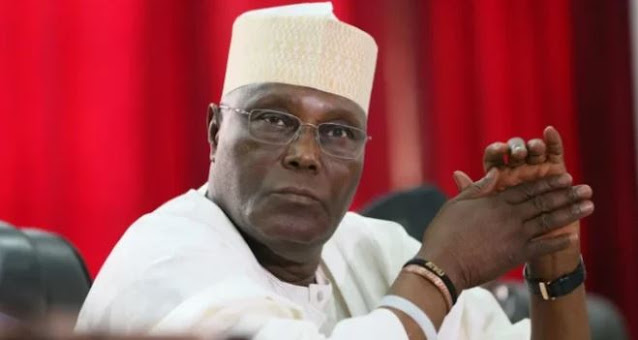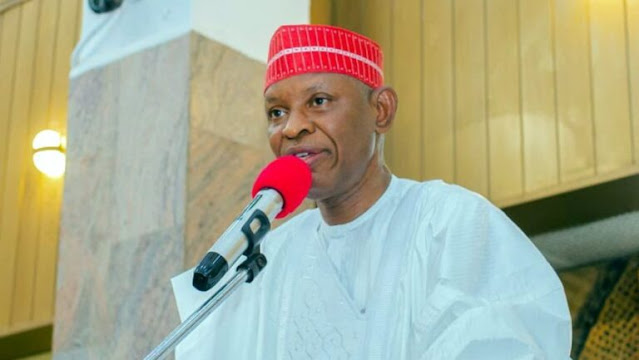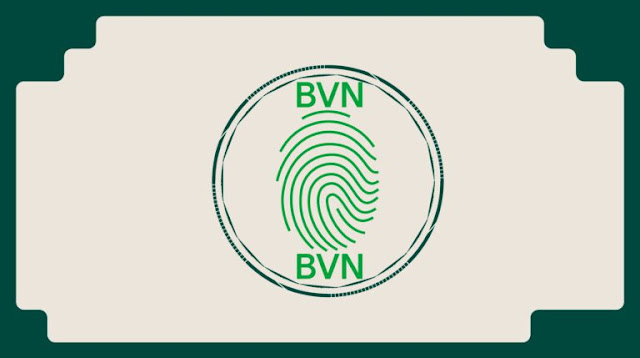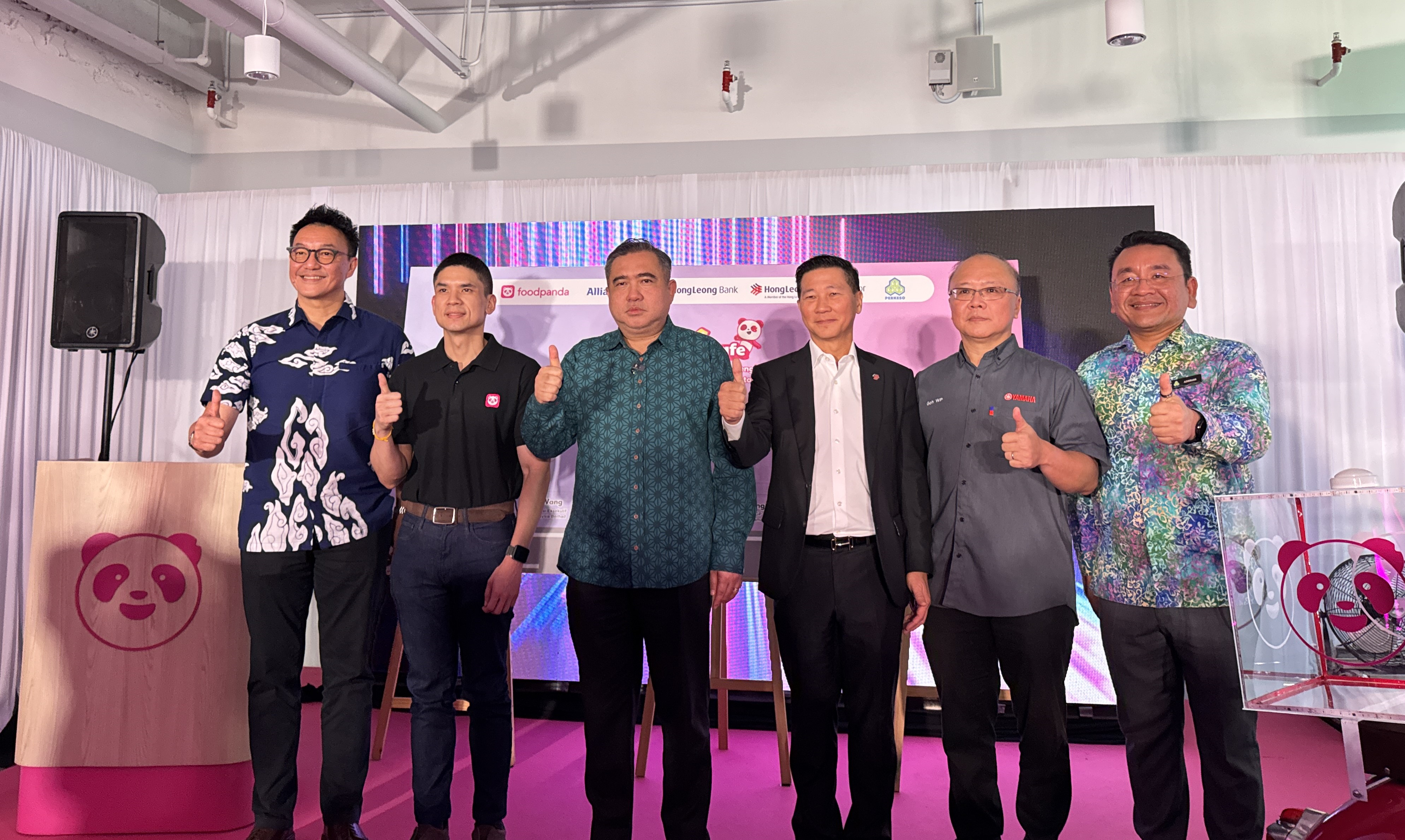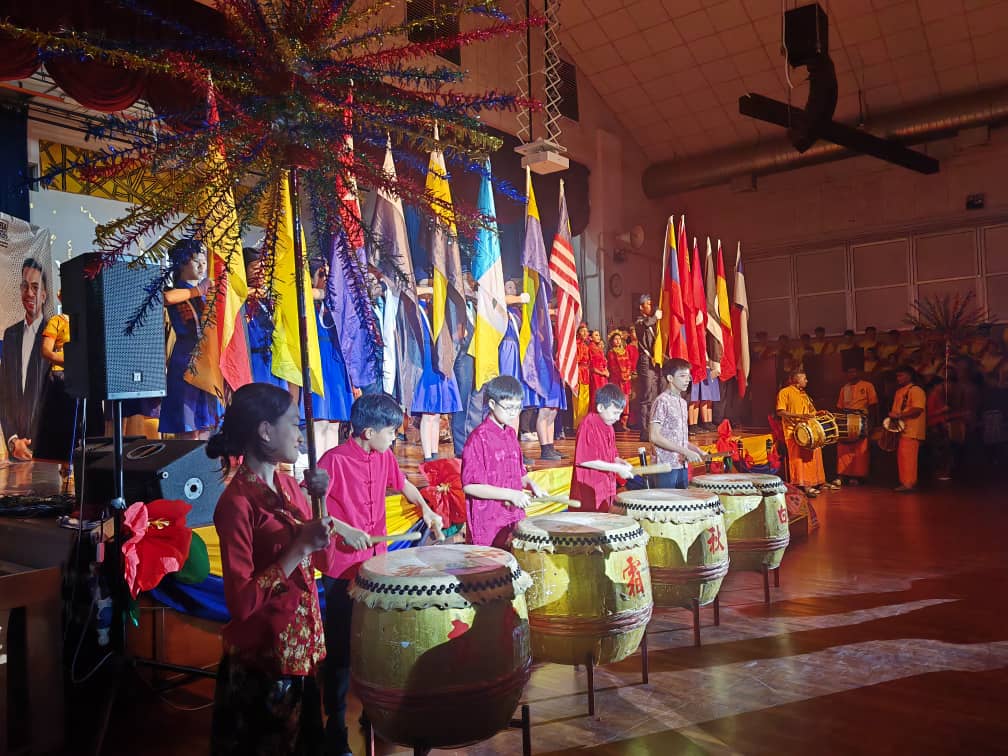The political camp of former Vice President Atiku Abubakar has firmly stated that the selection of the African Democratic Congress (ADC) presidential candidate for the 2027 general elections will be determined through a transparent delegate-based process rather than any form of behind-the-scenes consensus.
As part of mounting efforts to galvanise momentum within the opposition and present a united front against the ruling All Progressives Congress (APC), Atiku’s media adviser, Mr Paul Ibe, posted a statement on his verified Facebook page on Wednesday.
The message aimed to rally the ADC coalition around a more inclusive democratic ethos while distancing the group from what he described as the autocratic tendencies of President Bola Tinubu’s administration.
“There’s nothing wrong in all of them wanting to be president,” Ibe wrote, addressing concerns over the growing list of aspirants jostling for the ADC ticket. His statement was seen as an attempt to ease rising tensions within the coalition’s ranks and project confidence in an open process.
He continued, “The delegates of the party will, at the appropriate time, determine who will be the presidential candidate. That is democracy, as opposed to Tinubu’s dictatorship, at work.”
Mr Ibe’s remarks extended beyond internal party matters. He launched a fierce critique of President Tinubu’s leadership, accusing him of steering the country into economic decline and national insecurity, while failing to seize the opportunity for meaningful reform.
“What is wrong,” Ibe added, “is when you sign up to be president like Tinubu, and your era is marked by incompetence and cluelessness. That is a waste of opportunity.”
He lamented that living conditions had worsened significantly for ordinary Nigerians. The revised minimum wage, he argued, cannot cover the cost of a single bag of rice, pointing to spiralling inflation and deepening hardship.
“The ADC coalition leaders are angry with the mess that Tinubu has made of Nigeria,” he said. “They’re angry at how the material condition of the average citizen has deteriorated… at the skyrocketing prices of food… that even the minimum wage cannot buy a bag of rice.”
The comments were issued at a time when President Tinubu’s economic policies, particularly the removal of fuel subsidies and the liberalisation of the naira, continue to attract sharp criticism. Public discontent has surged, with many accusing the administration of intensifying poverty while failing to shield vulnerable citizens.
Mr Ibe also addressed the growing insecurity across the country, saying the APC government had failed to confront the most pressing threats, terrorism, kidnapping, and banditry, which have paralysed communities, especially in the northern regions.
“Nigerians are living in fear, the country is under siege, yet the government is more focused on propaganda than performance,” he said.
“Every week, lives are lost, children are taken, and villages are burnt, but Abuja issues statements with no action.”
Describing the Tinubu presidency as one marked by “missed opportunities,” Ibe criticised the federal government’s inability to offer coherent and consistent policy direction.
His comments came as ADC leaders commenced informal engagement with youth movements, interest groups, and civil society organisations, signalling preparations for what could be a hotly contested presidential primary.
Previously dismissed as a fringe party, the ADC has now emerged as the preferred platform for an opposition coalition that includes high-ranking figures from the Peoples Democratic Party (PDP) and veteran democracy advocates disillusioned by the current state of governance.
Insiders say the party’s clean slate, transparent internal processes, and openness to reform played a crucial role in its selection as the coalition’s new political vehicle, a strategic shift away from older platforms mired in internal divisions.
Although Ibe did not name any specific aspirants, speculation persists that Atiku remains a likely contender, pending formal declaration. His camp, however, has neither confirmed nor denied such intentions.
The coalition’s insistence on a delegate-driven primary is being framed as a bid to restore credibility to the selection process, particularly following the APC’s 2022 primaries, which were dogged by claims of elite manipulation and imposition.
With the economy under pressure and public frustration simmering, the ADC’s strategy hinges on demonstrating a clear break from the status quo. By foregrounding internal democracy, its leaders are hoping to build trust with voters long disillusioned by opaque power games and unfulfilled promises.


